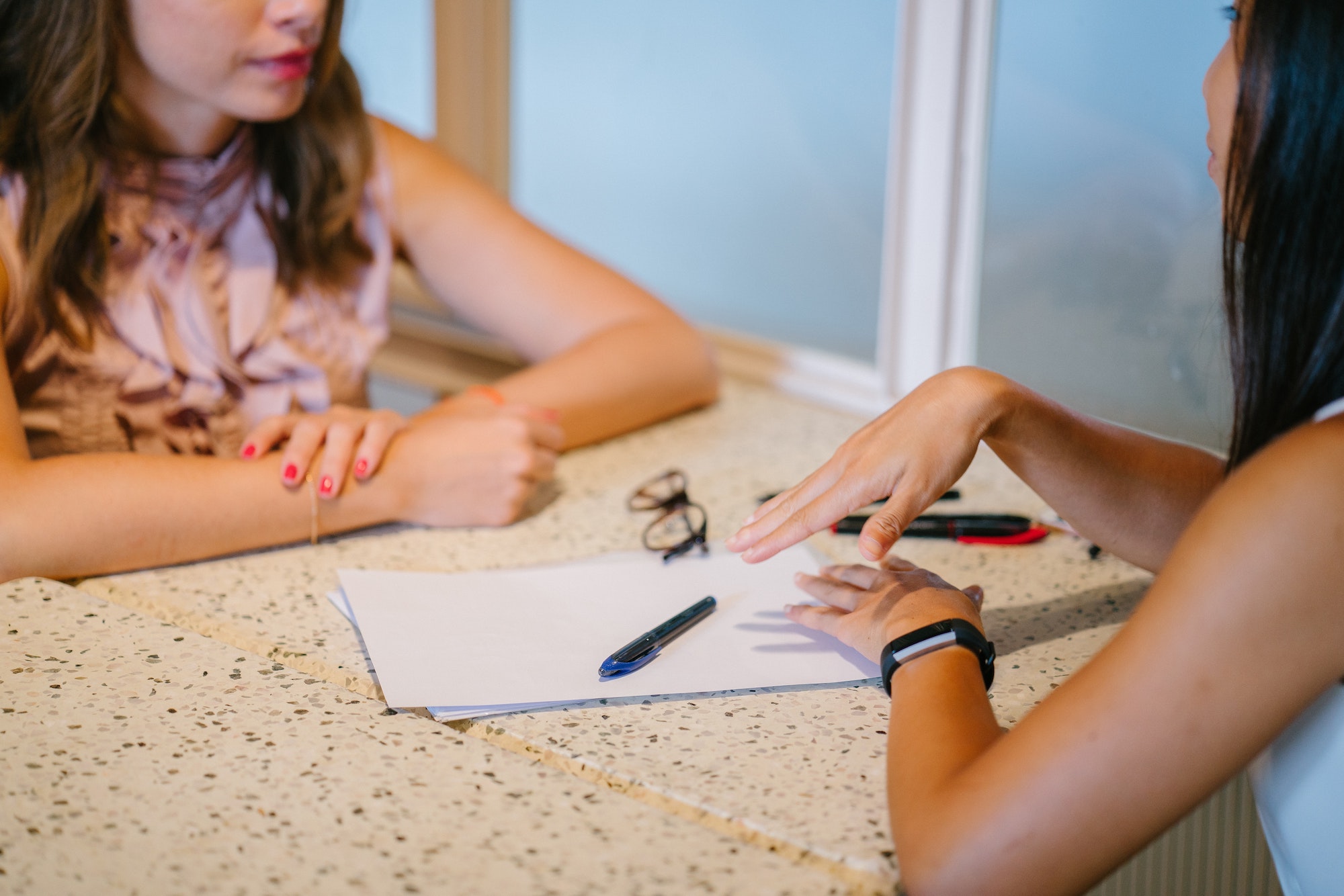
How a CFP® Does Her Own Estate Planning
I’ve often joked that the conversations that happen in my family may be a little different than in other families. With a financial planner in the house, it’s no joke, really. I have a tendency to bring up conversations about what happens when someone dies—what happens to the money, the belongings, who takes care of what tasks that will eventually need to be done. I believe that being prepared will help everyone else involved and will eliminate the stress of not knowing what to do next and the fear of making mistakes.
Of course, this applies to me and my eventual demise, too.
I recently redid my trust to include my niece, and this was a good opportunity to go through the steps with my sister, who is my successor trustee, in case something happened to me where I became incapacitated or passed away.
I went over a number of items with my sister so she would know what to do.
Some of the important topics we discussed were:
- Which of my friends have keys to my house and their contact information so she can get in touch with them.
- Location of keys for fire-safe boxes and the documents inside. This includes the original copies of the trust, will, and other important information. Also, the location of the key to my safe deposit box, a list of the contents, and where that is located.
- Access to my Google drive that lists all of my documents, organized of course into categories to make it easy to find estate planning documents, insurance policies, investment and bank accounts, contacts, and anything else that might be important.
- A list of passwords and codes including how to unlock my phone, get on my computer, and the WiFi password in my house. Liz Gillette here at MainStreet Financial Planning created a Money Tip on how to create a Life Organizer which is very useful for keeping this information in one spot. This organizer is also kept in my Google drive.
- A letter of instruction describing what to do with my belongings and lists who should receive specific items.
The exercise goes like this—we’d schedule a meeting on Zoom and do a practice run. Can my sister (who lives in Montana) access what she needs remotely and be able to contact my friends to help her out here in San Francisco? By the time I actually die, we would have gone through this a couple more times and found any holes or missing items she’d need for both of us to feel confident knowing what to do if I were incapacitated and needed someone to take over my finances or to distribute my stuff when I die.
This is not the most uplifting of topics to spend an afternoon on, but going over this with her now allows me to get my ducks in a row to make it easier for her and the rest of my friends and family after I’m gone. I recommend having a similar conversation with your successor trustee, executor, or person who is named as your power of attorney so that all questions can be answered while you’re still living. This kind of peace of mind is a great gift for those you leave behind.



